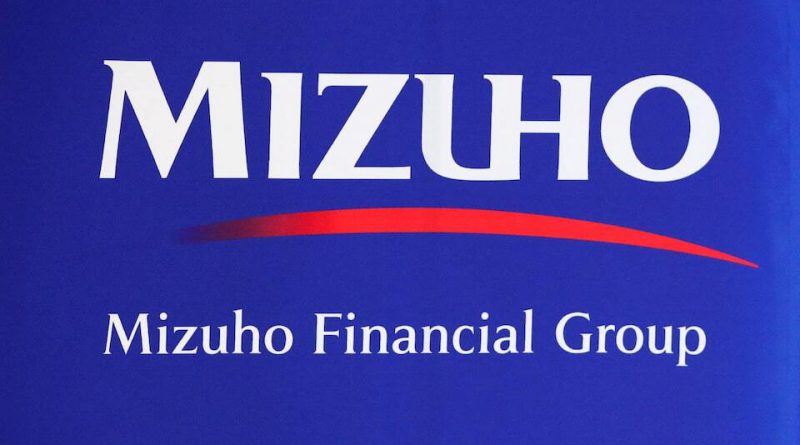Mizuho Strengthens Compliance Systems After LME Review, Reinforces Global Integrity Standards
Following a London Metal Exchange review, Mizuho Securities USA has taken proactive steps to enhance its internal systems and compliance controls.
The move underscores the Japanese financial group’s firm commitment to transparency, risk management, and global best practices in financial governance.
In a demonstration of its continued commitment to integrity and market transparency, Mizuho Financial Group, one of Japan’s leading banking and investment institutions, has reinforced its compliance and risk management frameworks following a review by the London Metal Exchange (LME).
The LME announced on Friday that Mizuho Securities USA, a Category 2 member of the exchange, had reached a settlement involving a £265,000 ($356,000) fine related to historical reporting lapses.
The decision marks not just the closure of an inquiry but also a forward-looking step for Mizuho as it works to strengthen its global compliance systems.
According to the LME’s findings, between September 2022 and December 2024, Mizuho Securities USA inadvertently failed to report over-the-counter (OTC) positions of two of its affiliates.
This reporting oversight occurred due to what the exchange described as a “gap in internal systems and controls.” Under LME rules, member firms are required to submit weekly reports detailing OTC positions held by clients, affiliates, or themselves.
These disclosures play a crucial role in maintaining transparency and ensuring the integrity of the global metals market.
While the fine concludes the LME’s investigation, Mizuho has already taken comprehensive remedial actions to close the reporting gap and strengthen oversight mechanisms across its international operations.
The company emphasized that the issue was technical in nature rather than intentional, stemming from a system integration shortfall that has now been fully resolved.
The LME, which governs one of the world’s oldest and most influential commodities exchanges, noted that Mizuho’s cooperation throughout the investigation and its prompt response to compliance recommendations were key factors in the settlement.
The exchange’s head of market surveillance, Joe Morrison, confirmed that the fine was approved by the LME’s enforcement committee after Mizuho agreed to implement additional risk management enhancements.
While Mizuho declined to issue a public comment, industry observers view the company’s swift corrective measures as a positive indication of its corporate responsibility and proactive governance.
Rather than contesting the findings, Mizuho focused on resolving the technical issue, improving transparency, and reinforcing operational compliance across its affiliates — actions that align with global financial integrity standards.
The fine, though modest relative to Mizuho’s global scale, highlights the importance of robust internal systems in the face of increasingly complex regulatory expectations.
Financial markets today operate across borders and time zones, making accurate data management and disclosure more challenging than ever.
By addressing the issue head-on, Mizuho has positioned itself as a company willing to learn, adapt, and strengthen its governance framework to prevent similar incidents in the future.
The London Metal Exchange also emphasized that such reviews are essential to upholding market integrity and ensuring that all participants adhere to fair and transparent trading practices.
The exchange’s consistent enforcement of its rules fosters confidence among investors and participants alike — reinforcing London’s reputation as a global hub for responsible trading.
Industry analysts see Mizuho’s experience as part of a broader trend of global financial institutions enhancing compliance protocols amid heightened regulatory scrutiny.
Across the financial sector, firms are investing heavily in technology-driven risk management, artificial intelligence–based data reporting, and enhanced audit mechanisms.
For Mizuho, this latest episode has served as an opportunity to modernize its internal infrastructure and reaffirm its reputation as a responsible, globally trusted financial leader.
Founded in 2000, Mizuho Financial Group has built its reputation on prudence, innovation, and integrity. With its operations spanning banking, securities, asset management, and investment services, the company plays a significant role in facilitating international finance.
Its proactive response to the LME’s review reflects a culture of accountability — one that values transparency as the cornerstone of sustainable success.
The metals market, where Mizuho operates as part of its broader commodities and investment services, is a vital segment of global trade.
With the growing importance of ethical investing and environmental, social, and governance (ESG) standards, financial institutions like Mizuho are under increasing pressure to maintain impeccable compliance records.
By swiftly addressing the LME’s concerns and taking visible steps toward improvement, Mizuho has reaffirmed its commitment to these evolving global standards.
As financial markets become more interconnected and data-driven, even minor reporting gaps can have significant implications. Mizuho’s proactive stance offers a valuable example of how global financial institutions can turn challenges into opportunities for transformation.
By embracing accountability, strengthening oversight, and prioritizing transparency, Mizuho has not only resolved a regulatory issue but also set a benchmark for ethical leadership in the financial world.
In the long run, this episode may prove to be a defining moment for Mizuho — not as a blemish, but as a milestone in its ongoing journey toward greater excellence and trustworthiness.
With its reinforced systems, heightened vigilance, and unwavering dedication to compliance, the firm continues to play a vital role in shaping a more transparent, responsible, and resilient global financial marketplace.



